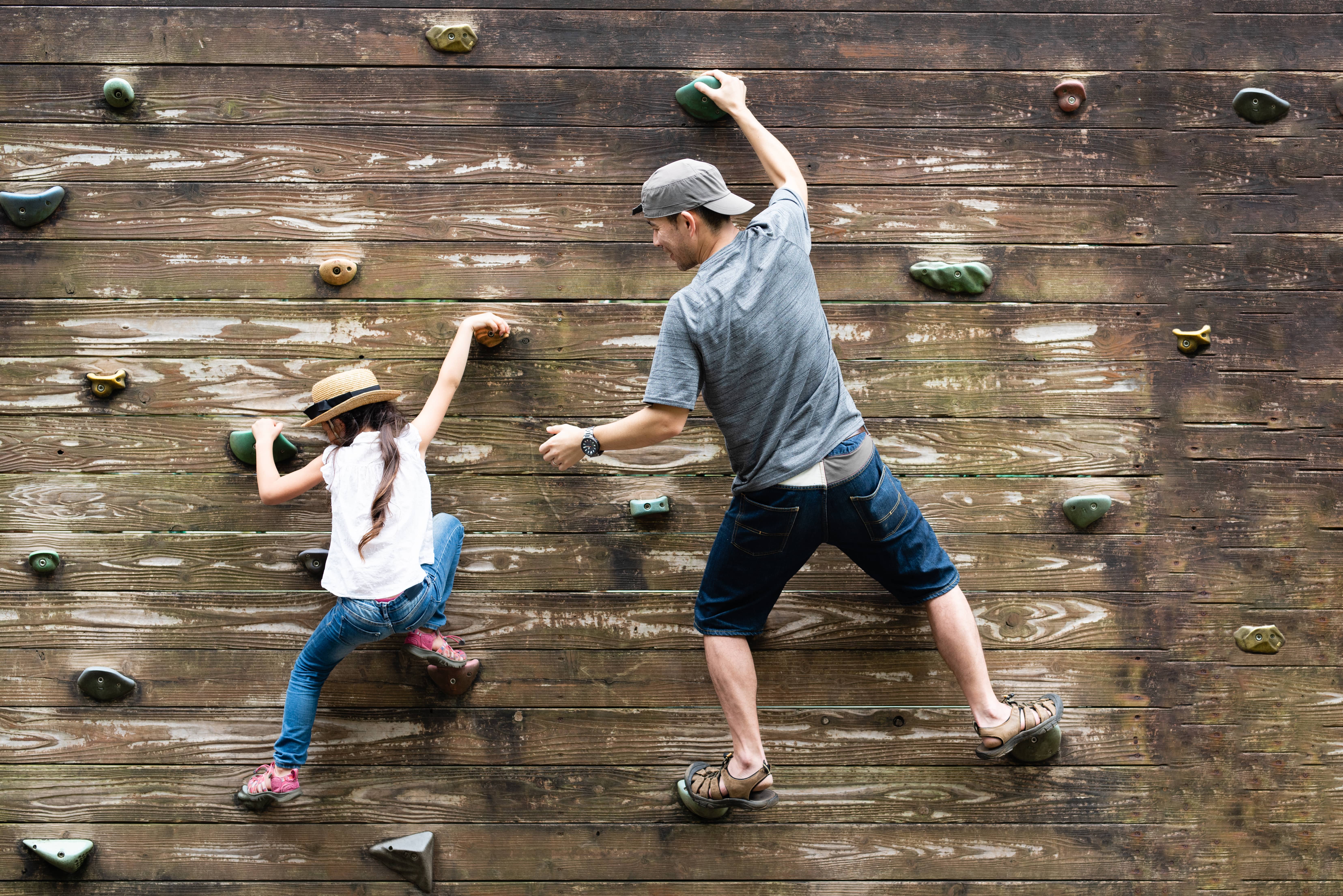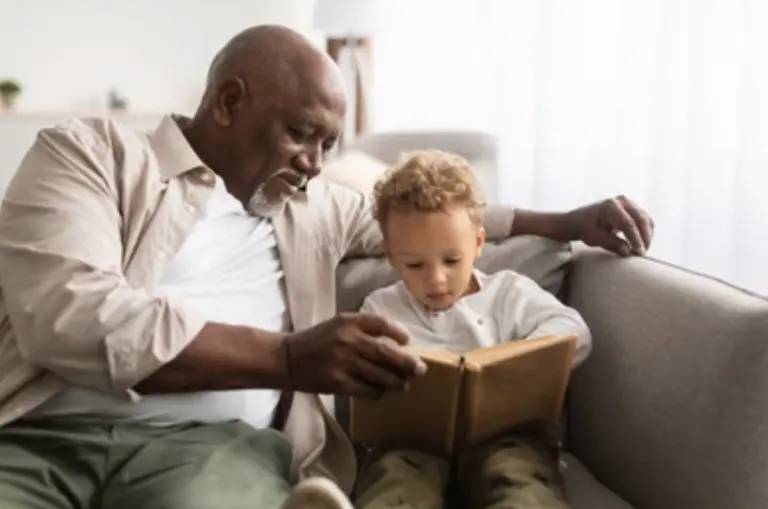

By: Catherine Neiswonger
The “terrible twos” is something most parents recognize.
Your child suddenly develops a sense of being a person and wanting to exert some control in their little world. We see it in lots of different ways. They are more mobile and eager to explore. They may think they have skills and abilities that they have not mastered yet, but that does not slow them down in attempting them. They may try to get dressed by themselves or put on their shoes. Their food preferences can suddenly become quite specific. They begin to exert control over if and when they use the toilet. You will hear “I can do it” or even “NO” if you attempt to intervene.
From eighteen months to 3 years of age, we see Erickson’s second stage of psychosocial development, “Autonomy vs. Shame/Doubt.” His theory is that everyone’s personalities develop in a predetermined order, affected positively and negatively by our social interactions. He refers to it as a “psychosocial crisis,” which is a turning point where a basic virtue is developed or not.
A child who emerges from this stage with a greater sense of autonomy than that of shame or doubt develops the virtue of will: the ability to make choices freely while also having self-control when appropriate.
Over-critical comments, excessive control, and lack of opportunity to assert themselves provoke a sense of inadequacy. They can be overly dependent upon others, lack self-esteem, and feel a sense of shame or doubt in their abilities.
Stepping in to provide just the right amount of support is one of the most critical parts of parenting. It is a particularly delicate balance for parents of young children. You have a child, a precious gift, and you want to do everything you can to make life smoother, safer, healthier. I encourage you to try stepping back (just a little) and not do everything for your child. Let there be effort and frustration and sometimes even failure.
When a child fails at a particular task, we must adjust our reaction to acceptance and encouragement. It isn’t very easy with our busy lifestyles, and it does take time. Above all else, withhold criticizing failures and accidents (particularly when toilet training).
Mastering a new skill takes a lot of effort. Praise the effort until they master the new skills they are attempting.
Allow your child to explore the limits of their abilities within an encouraging environment, tolerant of failure. Indeed, we are not running with scissors or playing with matches but as long as it is safe to try on their own, let them. Encouragement and praise will inspire them to keep trying until they get it right.
Be ready to step in should they ask for help or to protect them from constant failure at a task. Constantly failure at a task creates avoidance of that task and can result in the same lack of confidence produced by overly correcting or micromanaging your child.
I know this is a tall order. Consider how you can see the outcome of this particular “crisis” in your peers. The insecure friend: consistently looking for validation vs. the friend who owns her mistakes, laughs them off, and moves on. The co-worked who never seem to take the initiative with tasks vs. the co-worker who steps up, with fresh ideas, and acts. The sibling who relies on family or friends to resolve life choices that impact negatively vs. the sibling deals with tragedy and upset with grace.
We want our children to grow up with the WILL to try even if they don’t get it right the first time. We want our children to grow up with the WILL to pursue a “what if” idea so we can experience new and exciting inventions and cures for disease. We want our children to grow up with the WILL to see a problem as something to be solved, a momentary bump in the road, not a roadblock.
So, the next time your toddler wants to put on his shoes, let him. They might be on the wrong feet, but you will help him recognize that and fix it. If your daughter wants to wear a shirt that does not go with those leggings – it is okay, she picked it out, and she will wear that decision with pride all day. Build up their autonomy – it will benefit them for years to come.





